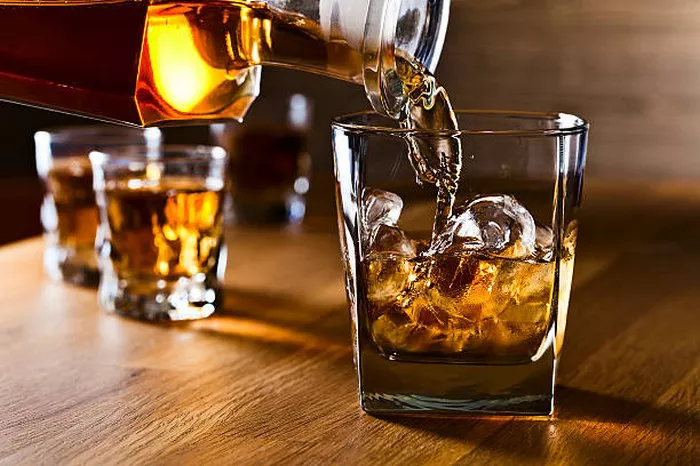The burgeoning still wine sector in the United Kingdom is facing significant obstacles due to recent duty increases, according to the industry advocate WineGB. Director Sam Linter has emphasized the ongoing efforts to lobby the government for alcohol duty reforms, underscoring the detrimental impact of changes that took effect on August 1, 2023.
Speaking at the annual tasting event organized by WineGB, Linter, who also serves as the Chair of the organization, addressed the press, highlighting the continued growth in demand for British wines, encompassing both still and sparkling varieties.
In terms of sales by volume, the British wine industry experienced a slight decline in 2022, with 8 million bottles sold compared to 9.3 million the previous year. WineGB attributed this dip to shifting consumer behavior in the wake of the Covid-19 pandemic. However, the trade body expressed optimism about the robust expansion of the still wine segment.
Linter remarked, “English sparkling wine has firmly established itself as our flagship category, prompting consumers to explore the broader spectrum of offerings.” Consequently, she noted a discernible trend towards the growth of still wines within the UK market.
Moreover, the average price of Pinot Noir and Chardonnay grapes cultivated for the production of still wines is on the rise, indicating a thriving market in specific regions of Great Britain. Linter highlighted Essex as a region experiencing notable growth in the still wine sector and anticipates similar developments in Suffolk and Norfolk. Other areas such as Kent, Sussex, and Hampshire have also been recognized for producing exceptional still wines.
Linter views the increasing focus on still wine production as a sign of “the industry maturing.” Nevertheless, she cautioned that there is still a considerable journey ahead for the sector to fully realize its potential, hinting at the need for further support and reforms to foster its continued growth.


